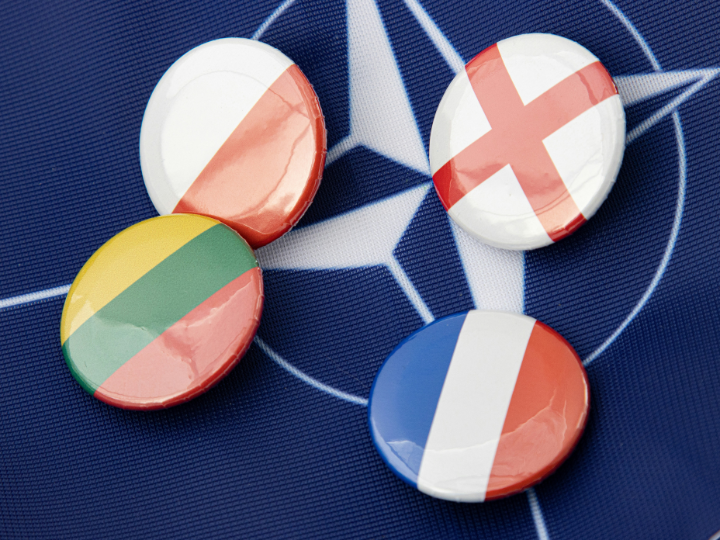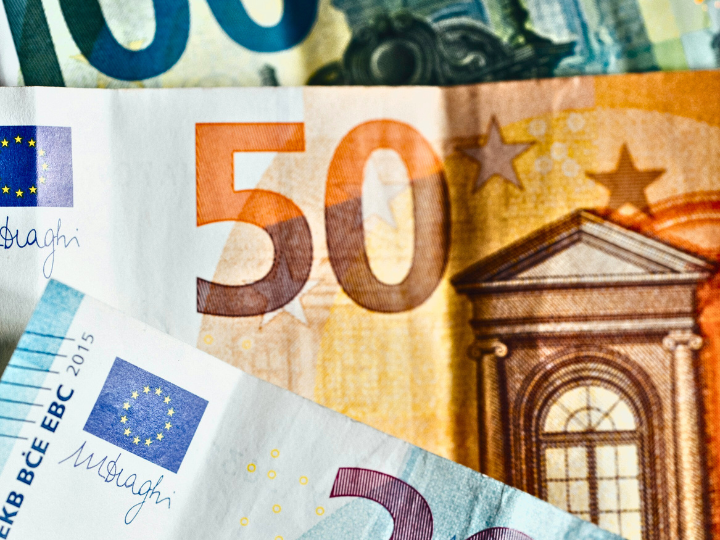by Judy Dempsey*
When Radoslaw Sikorski was Poland’s defense minister between 2005 and 2007, he had a large map hanging on the wall in his capacious office. Visitors could not ignore it. I could see why. Leaving aside Sikorski’s passionate explanations of the details, the map was about borders. About the proximity of Russia. About vulnerabilities. The latter cannot be underestimated—especially today, with Russia’s war on Ukraine, Poland’s direct neighbor.
Reading Sikorski’s speech to the Polish Sejm on April 25, his first since becoming foreign minister, it is clear his views back in the early 2000s are vindicated.
Then, advisors to leaders in several Western European countries fell short of mocking Poland. They bemoaned Warsaw’s perpetual sense of victimhood, of its obsession with and fears about Russia. After all, they had their special political, trade, and economic ties with Moscow to protect. They didn’t want a new EU member state to rock the boat.
That has changed. Russia’s war on Ukraine is highlighting the security and defense shortfalls in Europe. It has exposed the absence of a common strategic culture. It has shown the lack of a political and military will to defeat Russia, especially in Germany. As if this were not enough, Europeans have fundamentally different perceptions of how to ensure the continent’s security. This has implications for both NATO and the EU.
Take Poland. Here is what Sikorski told the Sejm about the country’s role in NATO and the EU, and its own defense: “Poland’s raison d’etat dictates that we should develop our own defence resources and allied capabilities to deter aggression. It also dictates that we should provide maximum military and political support to Ukraine. It is clearly in Poland’s interest to keep the aggressor as far as possible from our borders. This is why a sovereign Ukraine must win this war and a peaceful international order must be restored in Europe.”
The Polish view is gaining some support, especially from French President Emmanuel Macron. He has had tetchy relations with Warsaw and a close relationship with President Vladimir Putin.
That is no longer the case. Over the past year, Macron’s views have aligned—in one respect—with Poland’s: Europe has to build up its military capabilities. For Macron, it’s not only about being able to defend Ukraine, which the Europeans still cannot do—and not only because the defense industry claims it doesn’t have enough armaments to do just that. It’s also because Europeans are toeing the American line by not delivering lethal weapons to Ukraine fighting to restore its sovereignty.
Macron wants a Europe that will strengthen its sovereignty, particularly the security and defense structures needed to underpin it. That could include an EU intervention force for Ukraine and more fundamentally a strategic culture that is necessary to drive Europe’s economic and political ambitions. This is about Ukraine winning the war. What a change for Macron, when during the early stages of Russia’s invasion of Ukraine, said he didn’t want to humiliate Russia.
But there is a fundamental difference between Poland and France that gets to the heart of Europe’s neurosis over defense, sovereignty, and NATO.
Does the war in Ukraine confirm that Europe is, as ever, inadequately prepared to do defense, confirming a reliance on the United States? Or does it mean that Europe, regardless of who enters the White House early next year, realizes that it needs either a strong security and defense policy—which is not on the cards—or a really strong European caucus in NATO?
Were the latter to happen, the Europeans, with Finland and Sweden on board, would give a special European security and strategic dimension to NATO that has been sorely lacking.
According to Sikorski, Poland wants a stronger NATO. As he explained, “the transatlantic alliance with the leading role of the United States remains the cornerstone of Poland’s security. Our goal is to maintain and strengthen US engagement in Europe while strengthening the European pillar of the Alliance in the spirit of strategic harmony between NATO and the European Union.”
France wants a more sovereign Europe. “The United States of America has two priorities: firstly, the United States of America, which is legitimate, and secondly, China,” Macron told his audience at Sorbonne University last week. “And the European question is not a geopolitical priority for the years and decades to come, whatever the strength of our alliance.”
So where does this leave NATO and Europe? It’s in the interests of the United States to have a strong European caucus in alliance. And it’s in Washington’s interests to have a Europe that protects its citizens. Ukraine shows why.
Unfortunately, most Europeans are still in their comfort zone. They don’t feel threatened.
*nonresident senior fellow at Carnegie Europe and editor in chief of Strategic Europe
**first published in: Carnegieeurope.eu






